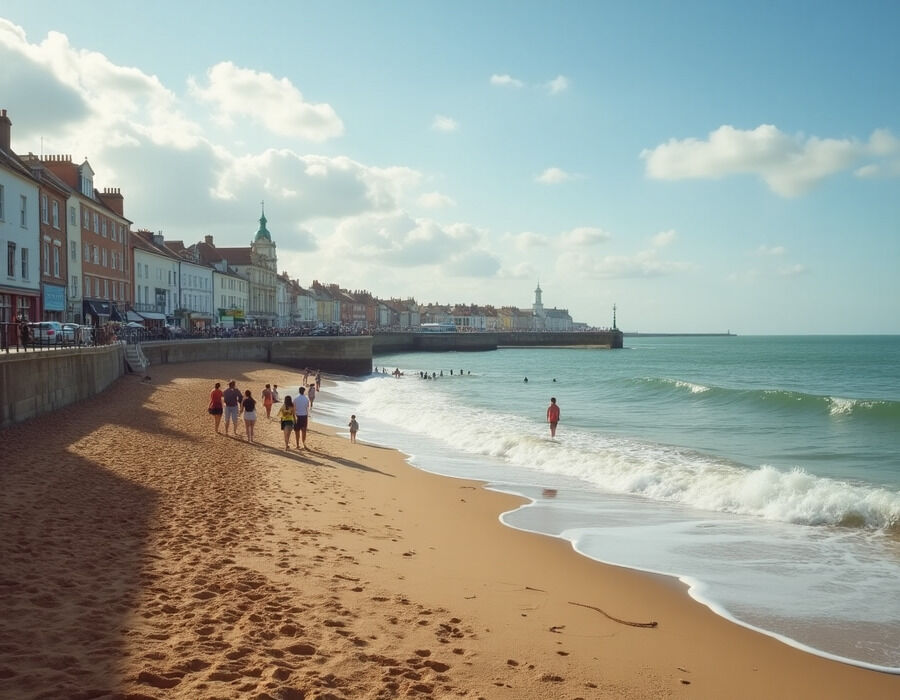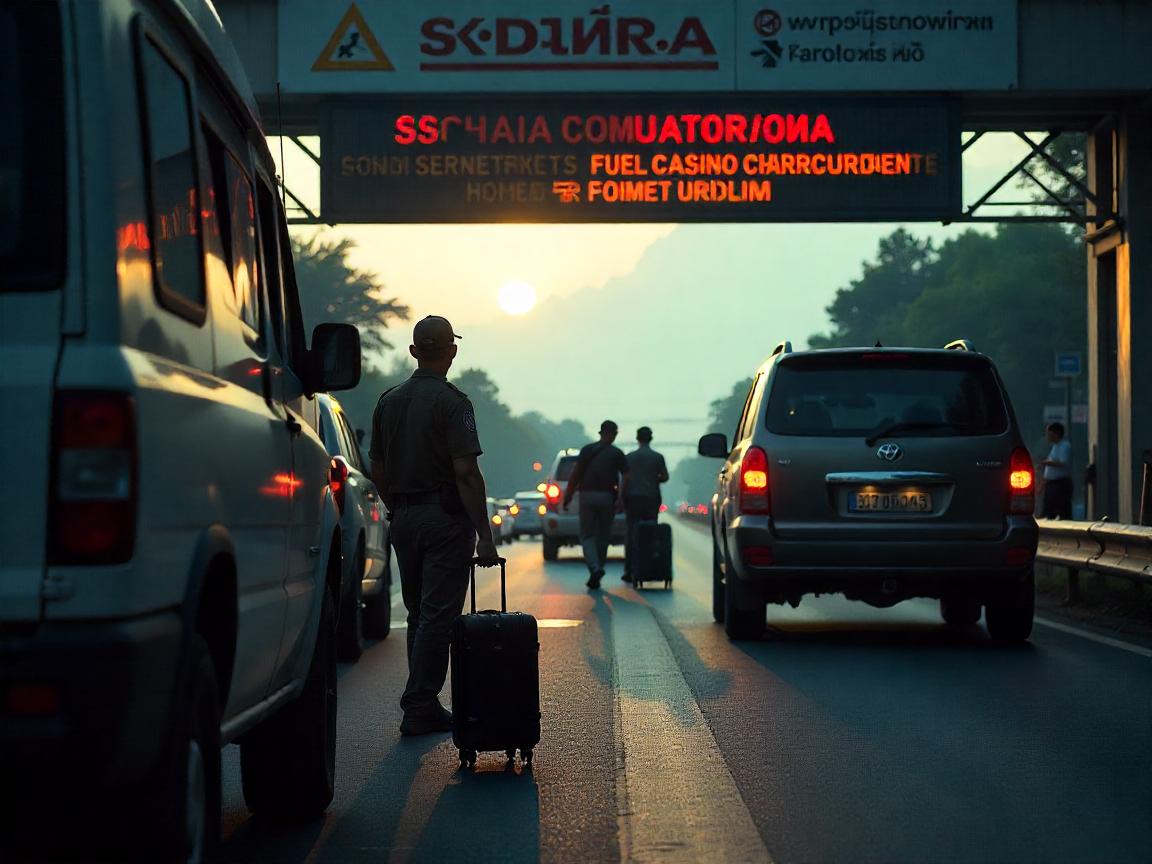≡-United Kingdom Struggles with Seaside Overtourism as Brighton Proposes Powerful Tourist Tax to Safeguard Environment and Support Local Economy – Viral of Today
<> Viral of Today <>
Home » United Kingdom Travel News » United Kingdom Struggles with Seaside Overtourism as Brighton Proposes Powerful Tourist Tax to Safeguard Environment and Support Local Economy Monday, June 23, 2025As the United Kingdom grapples with a dramatic rise in coastal tourism, Brighton has become the epicenter of a growing debate over how to manage overtourism without compromising the local way of life. With millions of day-trippers flooding the city’s beaches each year—often contributing little economically while overwhelming public infrastructure—Brighton officials are now proposing a robust tourist tax. This measure aims to address the mounting pressure on the environment, improve local services, and encourage more sustainable, balanced visitation throughout the city.Britain’s Coastal Crisis: Brighton Weighs Tourist Tax as Overcrowding Sparks Local ConcernsBrighton, one of the United Kingdom’s most beloved coastal getaways, is now facing the growing strain of overtourism. As summer heatwaves send millions of people flocking to the seaside, videos on social media are revealing the reality of jam-packed beaches, overwhelmed infrastructure, and mounting frustration among local residents.Over the recent weekend, a viral TikTok video captured the scene at Brighton Beach, where barely an inch of sand was visible between the crowds. The clip, widely shared, illustrated the sheer volume of day-trippers descending on the town in search of sunshine and sea air. However, what may seem like idyllic leisure for visitors is increasingly becoming a source of pressure for locals and city officials.Overwhelmed by Visitors: Ten Million Tourists a YearBrighton draws close to ten million tourists annually, making it one of the most visited seaside cities in the country. While tourism is essential to the local economy, its scale is creating unintended consequences. The strain on public infrastructure, environmental concerns, and a noticeable rise in social tension have prompted the local government to consider countermeasures.City officials are now exploring the introduction of a £5 per day tourist tax, potentially imposed through parking fees, rail tickets, or a purpose-built mobile application. The goal? To redistribute tourism across less congested areas of the city, support local services, and curb the downsides of excessive foot traffic.The Downsides of Day-TrippingAccording to Caroline Cartellieri of Europ Assistance, a travel insurance and assistance provider, day-trippers are often the most problematic segment of Brighton’s visitors. “They arrive with their own food, spend very little in local businesses, and leave behind significant amounts of litter,” she explained. This limited economic contribution, combined with the visible environmental toll, is sparking concerns over the long-term sustainability of mass tourism.Cartellieri emphasized that a targeted tourist tax could act as a buffer—both in generating essential revenue and encouraging behavioral shifts. If implemented, the added cost could dissuade casual overloading of Brighton’s most crowded hotspots and encourage exploration of lesser-known corners of the city.Environmental and Social Toll on BrightonAs temperatures surged to some of the highest levels recorded this year, Brighton’s streets, beaches, and piers were stretched to their limits. Concerns extend beyond mere inconvenience. According to local analyses, the influx of visitors can harm both natural and urban environments—from beach erosion and marine pollution to traffic congestion and noise disturbances.There is also a broader socio-economic impact. As visitor numbers swell, locals report difficulty accessing basic services during peak periods. The pressure on housing, transportation, and utilities has created a growing sense of exclusion among permanent residents, especially in lower-income neighborhoods.Experts warn that unregulated tourism could “damage landscapes, seascapes, air and water quality, and residents’ living conditions,” further deepening inequalities and community divisions.Calls for Balanced TourismStill, her comments underscore the need for smart, managed growth rather than unchecked expansion. With the proposed tax still under consideration, city planners are looking for ways to strike a balance—ensuring tourism enhances Brighton’s charm and economic vitality without degrading the quality of life for its residents.Brighton is taking bold steps to tackle coastal overcrowding in the United Kingdom by proposing a powerful tourist tax aimed at easing pressure on local infrastructure and protecting the environment. This initiative seeks to balance tourism benefits with community well-being.Looking Ahead: A Test Case for UK Seaside TownsIf Brighton proceeds with the tourist tax, it could become a model for other popular UK seaside towns facing similar dilemmas. Destinations like Bournemouth, Blackpool, and Margate have also seen visitor surges that strain local infrastructure and lead to rising anti-tourism sentiment.The conversation around Brighton’s future is not just about managing tourists, but about redefining what sustainable tourism looks like in the twenty-first century. With climate conditions making staycations increasingly attractive, and international travel often cost-prohibitive, coastal cities must adapt rapidly.The path forward may lie not in restricting tourism, but in transforming how it is distributed, funded, and integrated into the life of the city. Brighton, it seems, is ready to lead that change.
This information will surprise you!
See also
- Read until the end to discover everything.
- Important information you need to know.
- Interesting facts and helpful tips.
Conclusion
Did you enjoy the news? Keep following us daily!













